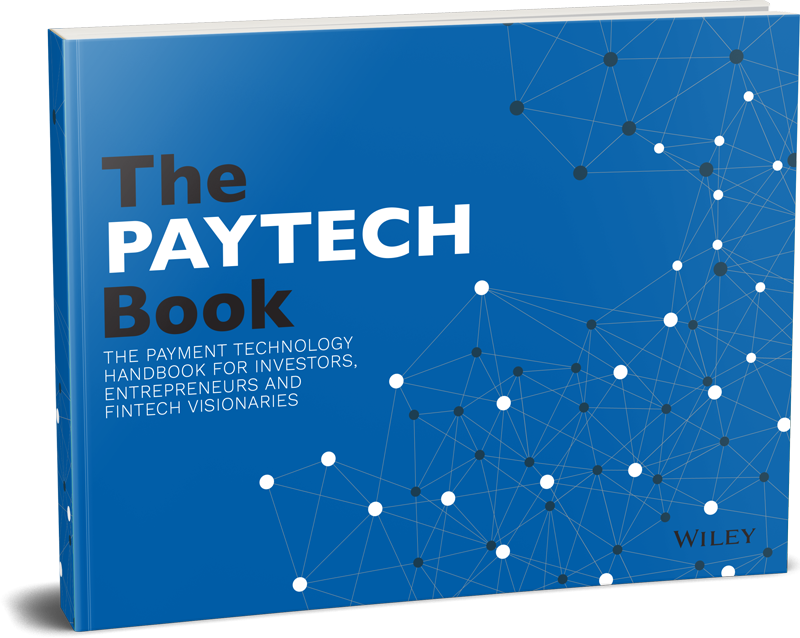The legal technology handbook for investors, entrepreneurs and fintech visionaries
Get up to speed on the latest industry developments, grasp the market dynamics of the ‘fintech revolution’, realize the sector’s potential, and gain expert insight on investment and entrepreneurial opportunities.
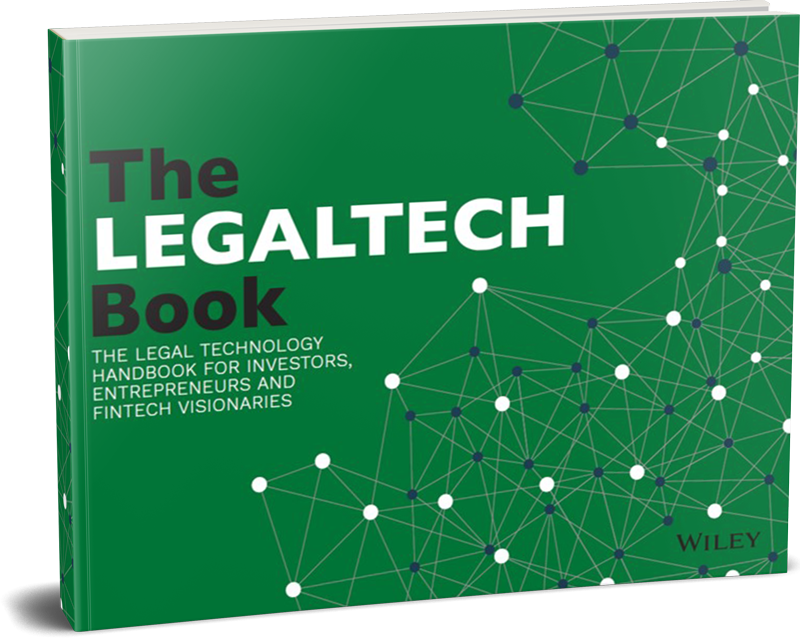
Book editors

Sophia Adams Bhatti
SOPHIA ADAMS BHATTI is a public policy and regulation expert, having spent over 15 years in the regulatory and policy arena, working across a range of sectors, including legal services, financial services, economic regulation and healthcare. Sophia joined the Law Society in July 2016 where, as the Director, she leads the Society’s legal and regulatory policy team with oversight for policy development across the full breadth of the justice system, engaging with policy makers in government, and partner agencies. Sophia is also a member of the winning team from the recent Online Courts Hackathon, having co-created the digital system known as CoLin.

Susanne Chishti
SUSANNE CHISHTI is the Founder and CEO of FINTECH Circle and the FINTECH Circle Institute, the leading peer-to-peer learning platform providing in-person and online courses across fintech enterprise innovation, wealthtech, insurtech, artificial intelligence and blockchain applications in finance, crypto-currencies and startup methodologies. As Co-Editor of the global Bestseller The FINTECH Book, she has been selected as a “City Innovator – Inspirational Woman” in 2016 and one of the top 100 fintech influencers globally in 2019 after working for 14 years across Deutsche Bank, Lloyds Banking Group, Morgan Stanley Investment Management and Accenture in London and Hong Kong.

Akber Datoo
AKBER DATOO is the founding partner of D2 Legal Technology LLP, with a background as both a technologist and derivatives lawyer. Akber advises on the management of legal contract data for risk management, RWA reduction, collateral optimisation/management and insuring compliance with the increasingly regulated environment such as Liquidity Reporting, Client Asset & Client Money (CASS) and Recovery & Resolution Planning (RRP).

Drago Indjic
DRAGO INDJIC is a co-founder of several European tech startups, director of Richfox Trinity BV alternative investment fund in Amsterdam and Oxquant consulting firm in Oxford.
About this book
The LEGALTECH Book is the first crowdsourced book on legal technologies and innovations focused on the financial services sector.
It brings together top entrepreneurs, lawyers, investors and LegalTech experts, who exclusively share their visions and unique insights on the nature of legal technologies and their relationship with data, Internet of Things (IoT), artificial intelligence, cybersecurity and distributed ledger technologies/blockchain as well as ethical considerations of the technological advancement and future projections.
The LEGALTECH Book is co-edited by a team of four recognised FinTech and LegalTech thought leaders with decades of industry experience.

Table of contents
The LegalTech market – Opportunities and Adoption, Implementation and Organisational Delivery, Academic communities and research – Relationships with other xTechs.Why now is the time for LegalTech to boom?
- The adoption of Legaltech in Private Practice and Industry
- The business, in-house general counsel or law firms: who is the driving force behind LegalTech?
- Is LegalTech borrowing previous innovation
- Critically examining the relationship between LegalTech and FinTech, RegTech, InsurTech, WealthTech, PayTech and AI.
- Mapping and classifying LegalTechs
The law in relation to data and identity – Law and legal services as data
- Personal and legal identity: biometrics, verification, authentification, fraud prevention
- Identity policies, regulatory and technical standards: global (AML, LEI) and regional (PSD2, eIDAS, eTS)
- Privacy, data protection and its relationship with big data and open banking.
- Reconciling the growth in BYOD with enhanced data security requirements.
- Tooling for personal data management and data protection compliance
- Legal databases to legal knowledge graphs and ontologies
- Legal language and informatics: terminologies, machine-readable laws, citations, court cases
Disruption to the Law through LegalTech – The Uberization of Law – Legal rights of Robot
- Driverless cars – but where does liability lie when it goes wrong?
- Robots with legal rights? Criminal and civil liability – e.g. the debate about ownership rights over works created by technology.
- Legislators as innovators? Do lawmakers lead the way in creating new opportunities for technological innovation?
- The ‘uberization’ of law: lawyers hired and fired through apps
- The end of lawyers? To what extent does LegalTech make lawyers redundant?
- Disruption from the inside out: is better LegalTech developed by lawyers – or does this disruption need to be external?
- Has the law kept up with cryptocurrencies and how does the legal framework need to adapt?
- Initial & Stable Coin Offerings – what regulation and law is required?
- Distributed Ledger Technology, Blockchain and the move to Smartcontracts/DAO: changing the face of legal agreements?
- From repapering to paperless, automated law and DAO
The potential for smart contracts to radically reform the practice of law and work of lawyers.
- Principles of Smart contracts , illustrated by ISDA framework
- Standard digital forms and self-executing agreements
- Decentralised autonomous organizations
- Blockchain analysis – regulation , interoperability, and standardisation
- Codifying legal contracts and legal prose
- Internet of things and pay per use
Legaltech platforms and apps – On-line dispute resolution and courts – E-notary – Open Law – Economics and Social Impact of law
- LegalTech and Open Law making the law approachable to all
- From e-notaries to Online courts – pleading guilty from the comfort of your sofa?
- Online Dispute Resolution platforms – does the increased use of online dispute resolution result in a generational justice divide?
- …And pray who are the judges? Should humans always be judged by humans?
- Legal Design and economics of law
Examining the spread of legal tech through the lens of:
- Variable skills demand globally
- Specific country case studies
- AI in China
- Japan as a model of non western legal market
- LegalTech in Malaysia
Risk and Barriers – What will Prosper and What is Hype? – Professional and Ethical Implications
- Risks and barriers in the adoption of LegalTech (data sharing, understanding AI logic, etc).
- What major disruptions are likely to be attributable to LegalTech?
- Can law continue to withstand the advance of technology?
- Which technologies will continue to prosper, and which will fail to live up to the hype?
- Professional and ethical implications of technological advancements in the legal sector
FINTECH books are crowd-sourced from a community of experts.
Be an author for our next book.
Access and leverage the most relevant information, resources, and opportunities in fintech today.
Global FINTECH Expertise
Innovation by Collaboration
Visionaries & Opinion Leaders
The FINTECH Book series.
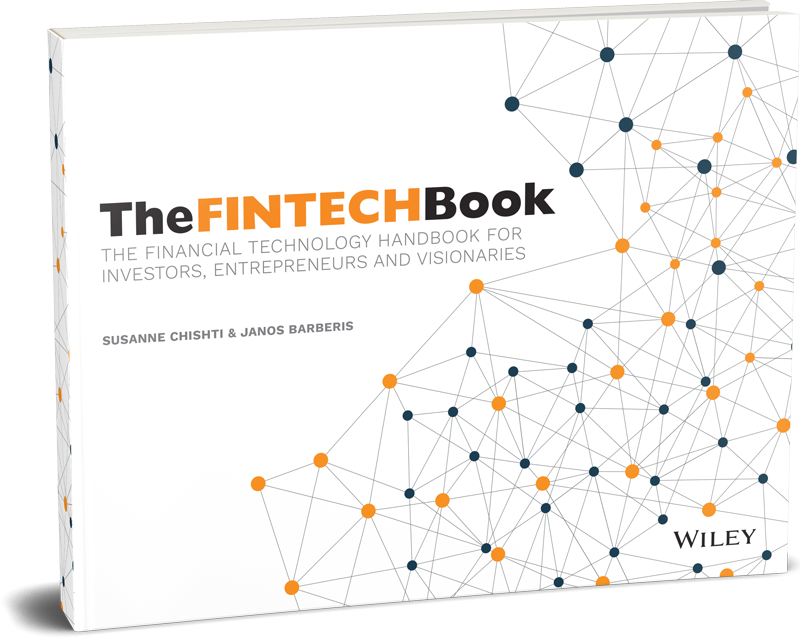
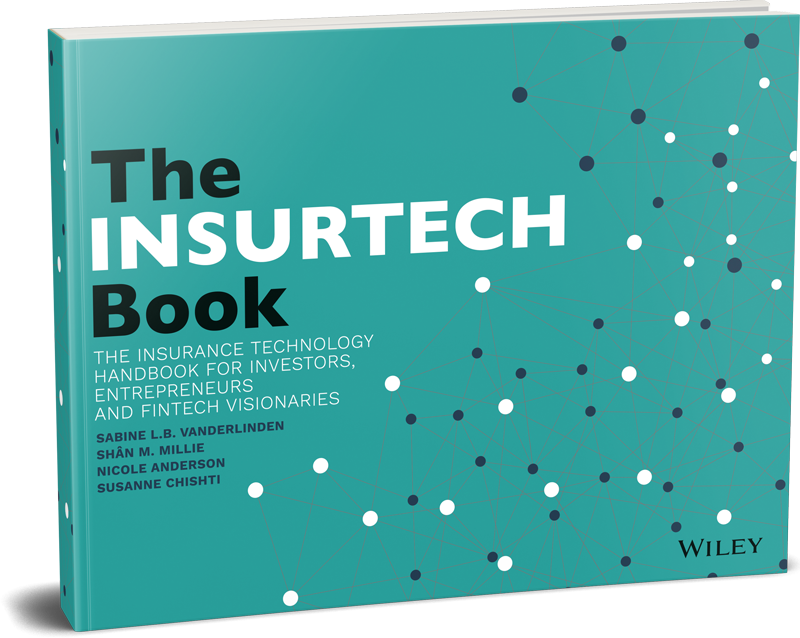
The definitive compendium for the Insurance Digital Revolution. Essential updates, critical thinking and actionable insight from this evolving ecosystem.
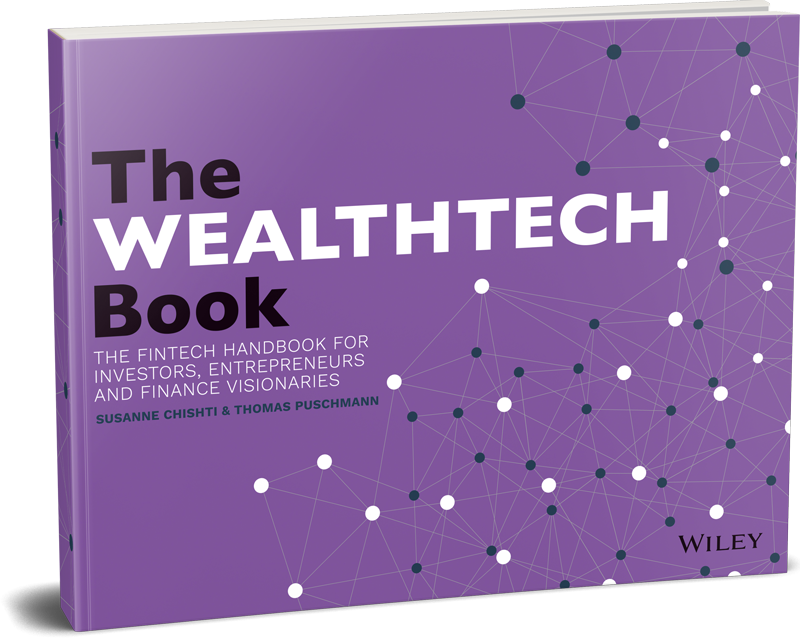
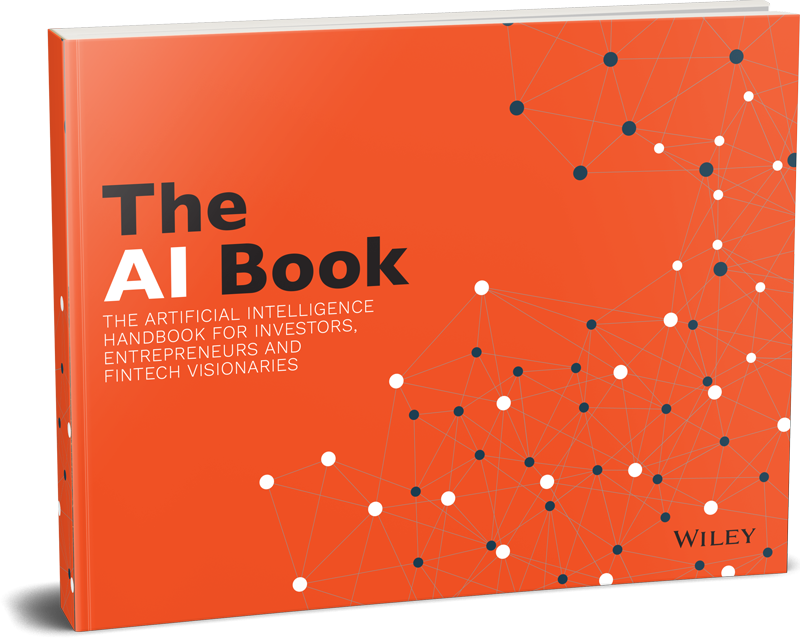
The AI Book is your primary guide to applications of artificial intelligence to the financial industry.

The first crowdsourced book on legal technologies and innovations focused on the financial services sector.
All books are published by

